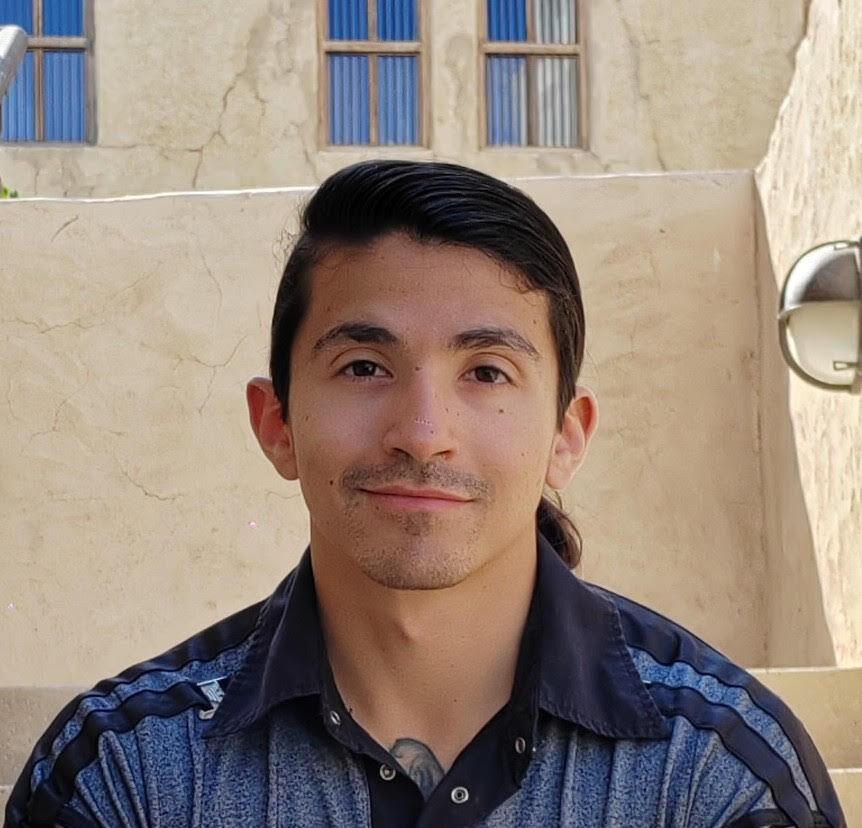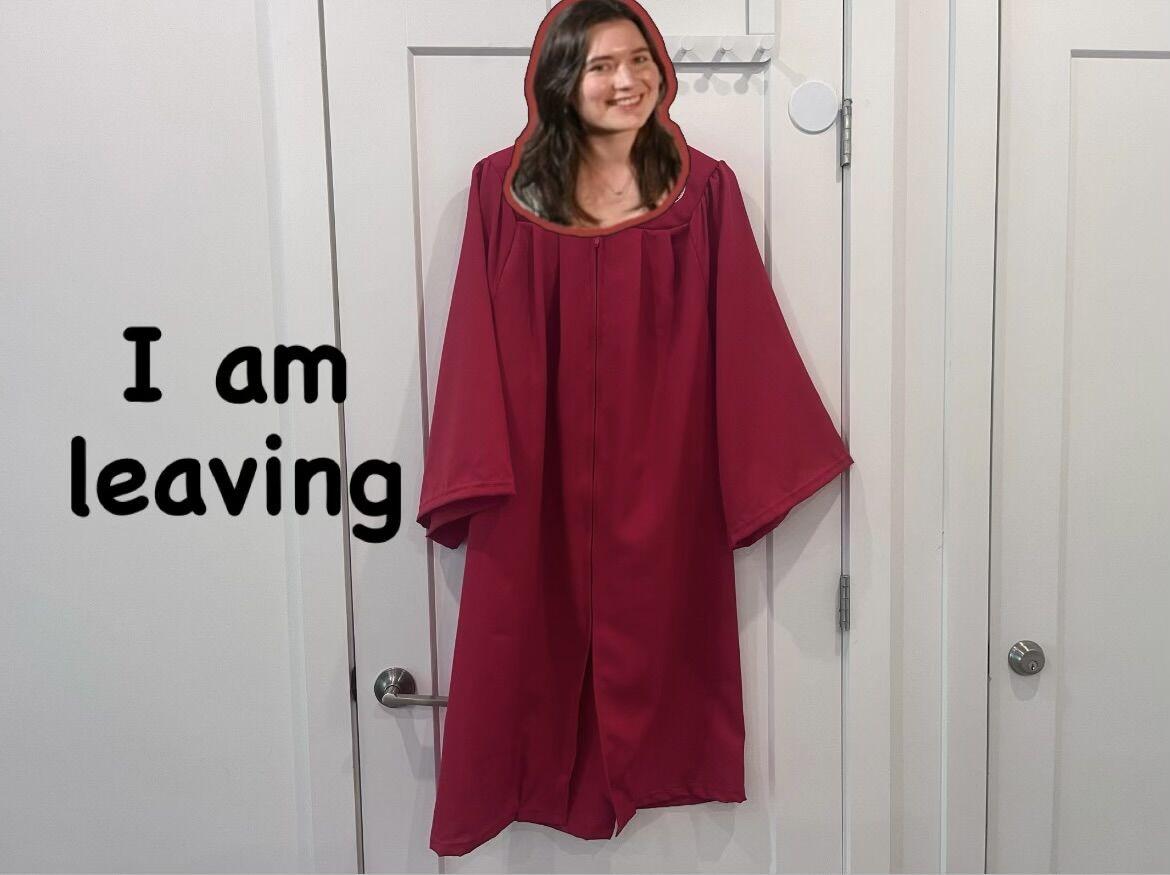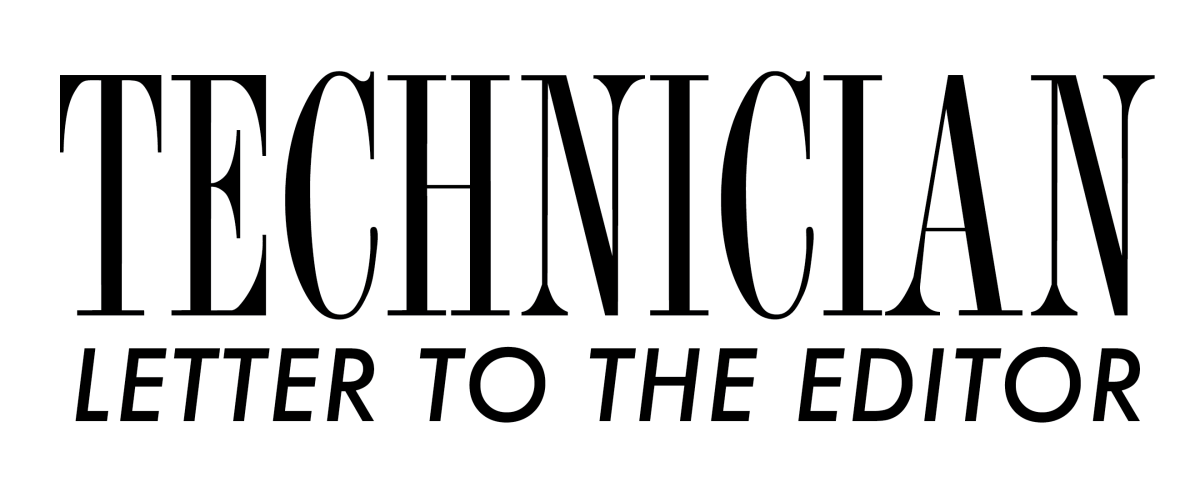Re: Regressive left at Emory University
Chase McLamb’s April 18 column, “Regressive left at Emory University,” much like his other opinion editorials in the Technician, audaciously oversimplifies the issues at hand while also drawing incongruous lines between theory and practice. This particular column, which so flagrantly dismisses and infantilizes the Emory University protests to the point of calling them “fits of raging victimhood,” speaks to the dissonance that exists between many white Americans and African-Americans, as well as other people of color.
This is not to say that the protests or their demands are irrefutably perfect, but to dismiss these students as “upset [children]” is to deny the very real threat that candidates like Donald Trump pose to non-white Americans. The xenophobic rhetoric, the demands to “build a wall,” the attitude of violence toward dissenters recalls the rise of fascism in Europe in the twentieth century. Those who do not fit into Donald Trump’s worldview — those who threaten his idea of how to make “America great again” — feel threatened. This may seem childish to individuals who have never experienced the devastating effects of racism and xenophobia. As an Arab-American, I can attest to the powerful psychological and bodily damage that can come from vitriolic cries for deportations and walls.
To accuse these protestors, many of whom have descended from individuals this nation enslaved, brutalized and exploited, of having “delicate souls” is to deny the very history of this country, which always informs the present. While the author feigns concern for the democratic process, he blatantly ignores the protestors’ motivation: to bring attention to the reality that is Donald Trump, whose prolific anti-democratic, pro-xenophobic ideology is far more threatening than any demonstration held on a college campus.
Micah Khater
Class of 2015
Re: Bicycles are the worst mode of transportation
Dear Mr. Twiddy,
Leaving aside other particulars pertaining to the clumsiness of your writing and general ineptitude in adequately thinking an issue through — what is your suggestion for people who cannot afford, for want of time or money, your proposed alternatives of commuting by foot, public transportation or car?
Ishan Raval
Class of 2015
Re: Bicycles are the worst mode of transportation
On Monday, I read an opinion article titled “Bicycles are the worst mode of transportation” by Staff Columnist Jim Twiddy. As a member of the bicycling community, I feel a responsibility to my peers and the almost 190 individuals compelled to comment on the online publication who unanimously express displeasure upon reading this ignorance.
Firstly, I would like to address the writing quality. Argumentation carries no weight if not supported by coherent syntax. The sheer magnitude of passive verbs and prepositional phrases present in the article paint a grotesque picture of pure mediocrity, and when substantiated by baseless claims of “it doesn’t seem worth it” or “I feel like it’s not practical,” the argument loses all hope of validity.
Next it’s time to address the specific points Twiddy tries to defend. The substance of his argument can be summed up in two issues: practicality and safety.
In terms of practicality, Twiddy’s point is quite blurry. For instance, he initially remarks that bicycling is “healthy” and “incredibly cost effective.” After reading this paragraph, you’d think that Twiddy is advocating for bicycling. The “impracticalities” that Twiddy then brings to light are nothing more than fundamental characteristics of bicycles. These supposed negative aspects of bicycling are presented as novelty, when in fact they are absolutely no surprise.
This does not mean that the negativity itself is obvious; rather, it shows that Twiddy has little to no experience on or even around bicycles, for if he had some, he would also understand that the very reasons he considers bikes “impractical” are the exact reasons that bicyclists love what they do. It’s all about fitness, freedom and experiencing the outdoors in a completely new way, all of which must be done on the street in order to be embraced as completely as possible.
In general, I find it extremely difficult to take seriously an argument based on virtually no experience. You’d think that Jim simply googled “bike riding” and contrasted what he found with his knowledge of any other form of transportation.
In terms of safety, Twiddy does bring up valid concerns, but his proposed solution (i.e. to stop riding bikes altogether) is completely backward. While it is difficult to draw an exact conclusion on who is at fault, the majority of transportation departments who have conducted such research all agree that the motorists are most often at fault in the event of a collision with a cyclist. Proposing that all cyclists give up cycling contains the same level of twisted logic that advocates rape survivors to stop wearing “revealing clothing” when in reality that has never been the true source of the issue.
The problem clearly at hand here is the lack of education for both motorists and cyclists on conducting themselves properly in traffic. Several research bodies throughout the state tend to agree on this, which I do admit is a problem.
North Carolina set the standard for bicycle and pedestrian legislative measures upon the passage of several bills in the General Assembly during the mid-70s. These laws set in place protective measures for pedestrians and cyclists by advocating for the construction of proper bike lanes and sidewalks, now all we need is an increase in user education in order to take full advantage of these extensive protective measures.
Please, let’s not advocate to solve the dangers on our public roads by eliminating bicycling. All I ask is for Jim, and those who may agree with his point of view, to talk to members of the cycling community. Get on a bike yourself and head out on the open road to see what our great state has to offer you as you improve your health and well-being. Maybe then you will understand the importance of increased safety and educational standards.
Staton Michaels
freshman studying mechanical engineering
Students Protest with Democracy Awakening
NC State and UNC students joined thousands in Washington, D.C. on Sunday, April 17, to protest money in politics.
A group of 10 students from NC State along with 15 students from UNC left early Saturday morning for Washington, D.C. to participate in a weekend of workshops, teach-ins and protests with a coalition of organizations called Democracy Awakening.
Democracy Awakening is a coalition of labor, peace, environmental, student, racial justice, and civil rights organizations that seeks to combat attacks on voting rights and to take big money out of US politics.
Voting rights issues hit close to home for many NC State students. “Countless college students are disenfranchised due to polling locations and voter ID laws,” said David Hallen, a junior studying business administration. “In the recent primary, we saw students waiting in line upwards of five and a half hours to vote at the Pullen polling location.”
Hallen is an intern with North Carolina Public Interest Research Group (NCPIRG) a nonprofit, nonpartisan advocacy organization that is focused on a variety of issues including voter rights and voter participation. As Democracy Awakening campus outreach coordinator for NC State, Hallen worked with Rebecca Price, campus outreach coordinator for UNC, to facilitate the logistics of transporting students to, from and around Washington, D.C.
On Saturday afternoon, the group of students arrived in Washington, D.C. where they participated in workshops and teach-ins at All Souls Church.
Ryan Levine, a freshman studying animal science, attended a workshop on voter rights. “I was affected by the voter ID law because I was from out of state and I didn’t have the correct ID.” Levine said. “I had to vote provisional. I had friends who were in the same situation, but they didn’t vote early. They didn’t get to vote.”
In breakout sessions, organized by state, students discussed how to address issues such as voter rights, corporate influence at universities and campaign finance reform in their own local communities.
Liz Hubbard, a freshman studying chemical engineering, plans to continue her work with NCPIRG to petition for an early voting site on campus, to get out the vote and to minimize the harm done by voter ID laws. “Since we are in such close proximity to state government, [we can take] that opportunity to talk with legislators if possible and really try to make change in our state,” Hubbard said.
On Sunday, the students joined protesters from across the country to rally at the U.S. Capitol. The speakers shared a core set of demands; that Congress fill the vacancies in the Supreme Court and Federal Court, defend voter rights with legislation such as the Voting Rights Advancement Act, and support a 28th amendment to the constitution that would overturn Citizens United and limit money in elections.
Rev. Dr. William Barber II, a leader from the Moral Monday movement and pastor of Greenleaf Christian Church in Goldsboro, North Carolina, spoke out against the gutting of the Voting Rights Act and the passage of voter ID laws. Barber said that this amounted to a race and class-based strategy of voter suppression.
While the organizations at the protest march on Sunday represented progressive causes, the issue of big money in politics goes beyond partisan politics. “Many people, Republicans, Democrats, independents all want money out of politics to the extent it is in right now,” Levine said.
In addition to the speeches, performers, including Grammy-nominated acapella group Sweet Honey in the Rock, shared their music and message with the protesters.
Following the rally, around 5,000 protesters marched past the Capitol and the Supreme Court. Organizers and protesters chanted phrases such as “It may be wrong but it’s the truth, they don’t want you at the voting booth.” Protesters cheered when one woman jumped out of the passenger seat of her car and joined the march.
Back in NC, the students return to their studies, but remain connected with a national and local movement to protect voting rights and to combat what many view as the corruption of unrestrained moneyed interests in American politics.
(Disclosure: I participated in the protest, but I am not currently affiliated with NCPIRG.)
Carl Hintz
sophomore studying mathematics
Re: Bicycles are the worst mode of transportation
Dear Editor,
The following is a response to columnist Jim Twiddy’s Monday column “Bicycles are the worst mode of transportation.” As a former Daily Tar Heel columnist, it’s frustrating to read opinion pieces with paper-thin substance and undefended logic. But as a cyclist, this column slights me personally.
Twiddy’s circumstantial evidence that riding a bicycle on the sidewalk is safer runs contrary to published research on bicycle safety. It is also disrespectful to the memory of Pamela Lane, a Chapel Hill cyclist who was struck and killed by a car while riding on the sidewalk of a street I ride my bike on every day. I do agree that for inexperienced cyclists, sharing the road with half-ton hunks of metal can be daunting. That’s why cities such as Raleigh have and should continue to build adequate bicycle lanes and off-road tracks that prioritize safety.
“A bicycle is not a convenient way to travel long distances,” may or may not be the most obvious statement Technician has ever published, but that’s beside the point. Many students at your campus use bicycles because they’re convenient for trips between dorms and academic buildings. They’re not using them to ride home to Clemmons or Burlington or wherever State students are from. As for carrying things? I own a set of panniers, as many commuter cyclists do, which allows me to carry up to 50 pounds of groceries, textbooks and the 2016 ACC Championship trophy.
One last bone to pick. Based on Twiddy’s other published work, there seems to be no common theme or interest he writes on frequently. At the DTH, we call this a beat. Consider letting your columnists write about what they know best, rather than ranting on something they had on Hillsborough Street last week.
Best,
Brian Vaughn
UNC-Chapel Hill Undergraduate-Environmental Studies, Journalism, City Planning











